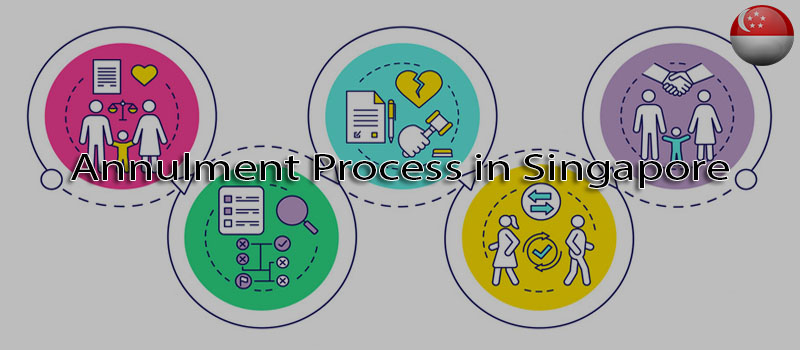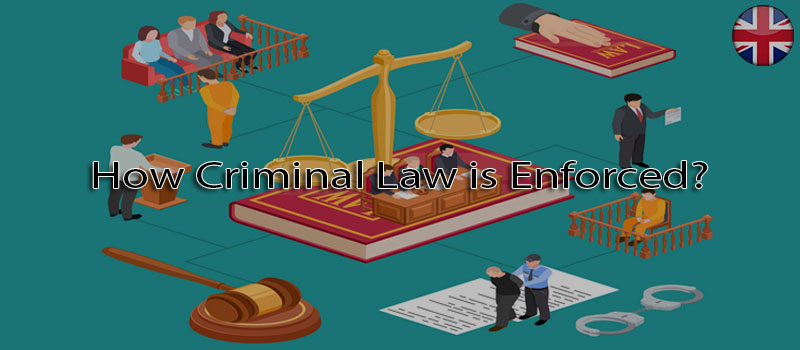
In Singapore, marriage is a legal relationship between a man and a woman and is controlled by the Women’s constitution.
When a marriage falls apart, annulment and divorce provide parties a way to acquire relief from the marital relationship and its commitment.
As reported by data published by the Department of Statistics in Singapore on 13 July 2016, the median marriage period for divorces in 2015 was at 10 years.
This indicates that both young and old couples decide to end their marriage.
What is Annulment?
Annulment is a legal process that disintegrates a marriage completely and clears the marriage from a lifetime. From a legal point of view, it is as if the marriage never took place at all.
An annulment announces that the marriage was not valid and, therefore, technically speaking, never lived.
The Annulment Process in Singapore
The annulment process is equal to the action for divorce. The party filing for annulment (the plaintiff) must appeal for an annulment because the marriage is either void or voidable.
Should the measure be unquestioned, the applicant would put down the case and give an unquestioned court hearing date.
What are the requirements to get an Annulment?
Given the substantial effect of annulling a marriage, the requirements for annulment are strict in Singapore.
There are two types of annulment – the marriage can be void or else voidable.
Marriages that are Void
Where a marriage is void, the wedding in judicial conditions never existed.
Marriages that consider to be void under Singapore law are:
- Marriages between Muslims that are registered/observed according to civil law.
- Where one person is formerly married under any law.
- Where one person is under the age of 18 and has not provided special permission.
- Parties to the marriage being closely connected.
- Where the marriage did not appropriately commemorate.
Marriages that are Voidable
Voidable marriages are marriages that are due to specific conditions and may be faulty under the law.
The reasons for voidable marriage beneath Singapore law are:
- Marriages that have not been completed owing to either party’s disability to do so.
- Marriages that have not been completed owing to either party`s obstinate rejection.
- The marriage has taken place without legitimate approval (because of one party accepting under constraint, mistake, or mental disease).
- During the marriage, the wife was already pregnant with one more man.
How long will the annulment process take?
If your partner does not challenge your petition for annulment, you will be capable of setting a court hearing date for an unquestioned annulment later.
If your case persuades the court, it will allow you a temporary Judgment
The final Judgment of void can only be allowed a minimum of 3 months after a temporary Judgment is granted, and only if your subsidiary matters are also fixed.
Therefore, an unquestioned annulment may need an estimated 4 to 5 months to final.
Although your partner challenges your petition for annulment, the annulment procedure may take more time depending on your case’s complication.
Is there any requirement for a Lawyer to File for an Annulment of Marriage in Singapore?
No, it is possible to file for annulment by yourself.
Although, annulments can be complicated and confusing without a lawyer. There are many papers and documents you are needed to draft and provide on time to file for annulment.
An experienced and skilled divorce lawyer will be capable of helping you in drafting your paperwork correctly and helping you get your reasonable share of the matrimonial possessions, maintenance, and safekeeping of your children.
Call To Action Hire a skilled divorce lawyer today and make your annulment process hassle-free and quick.

